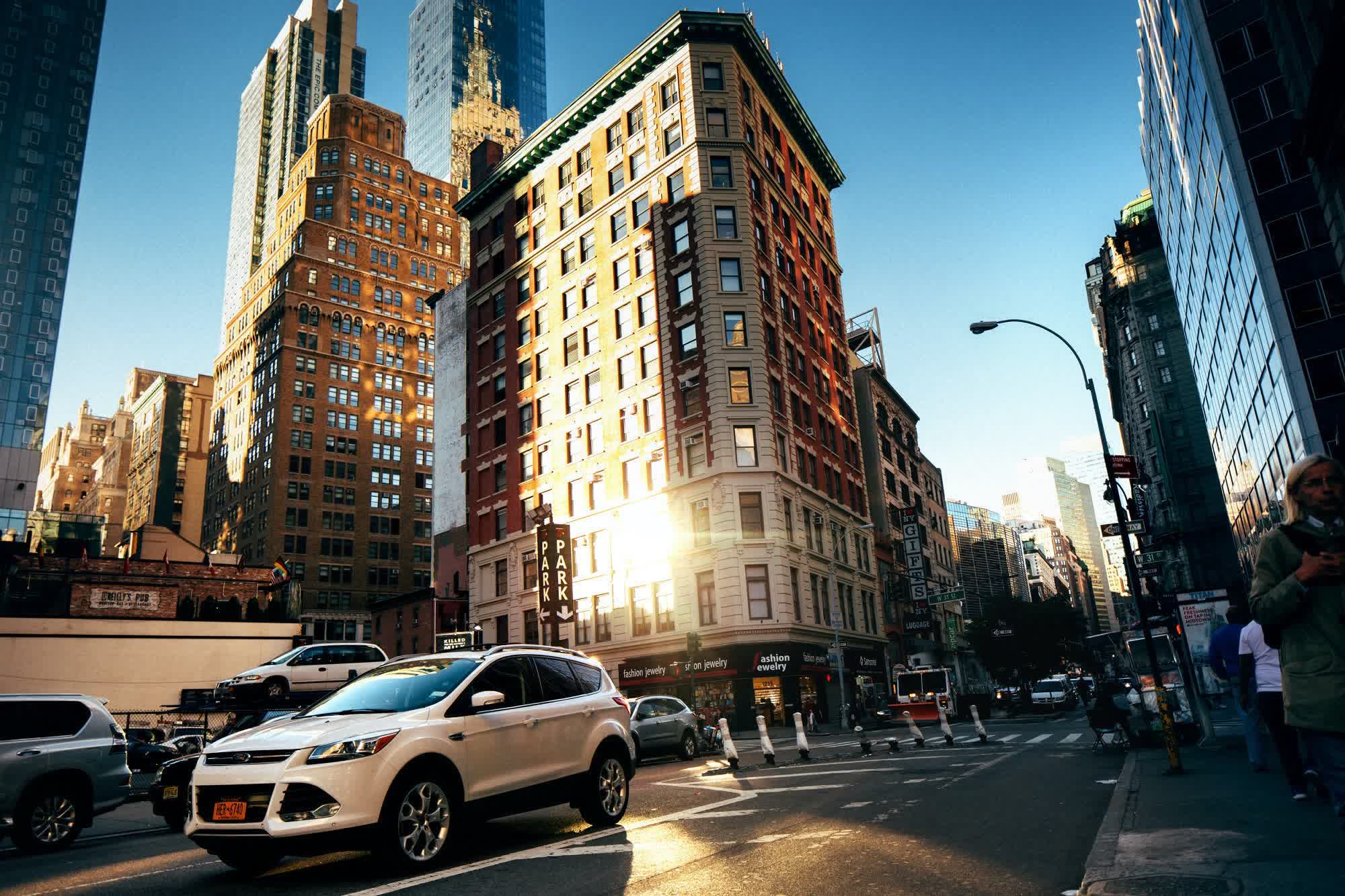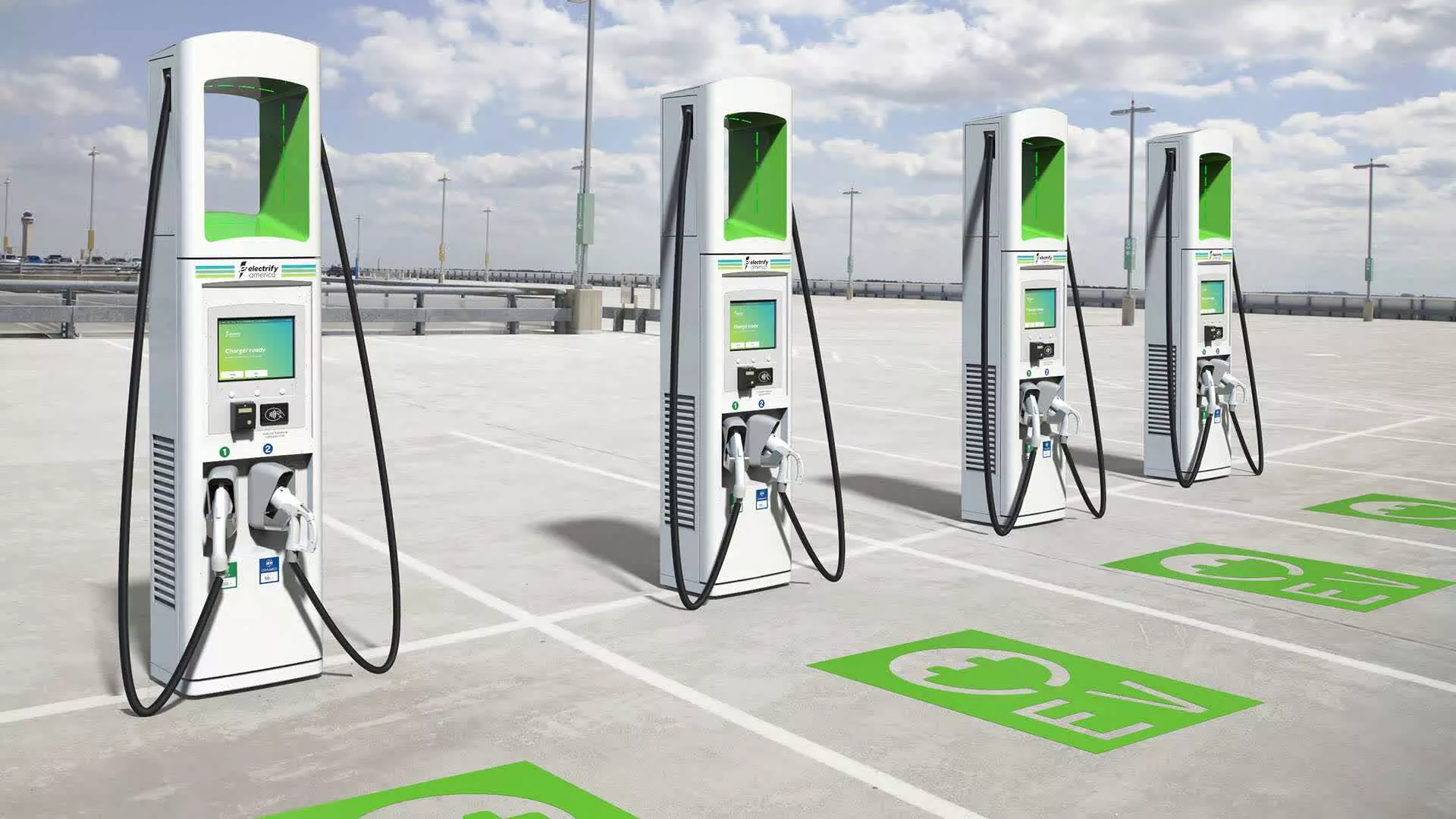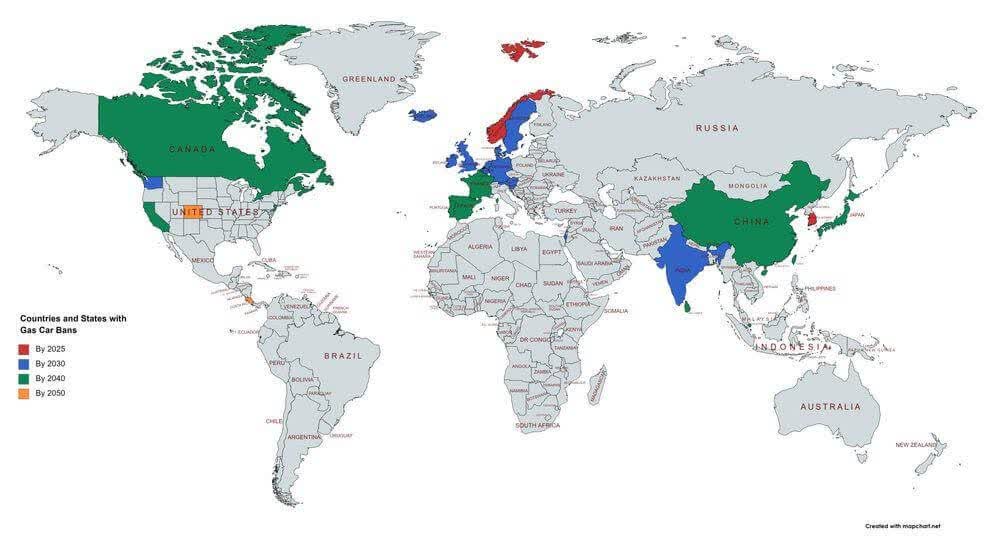Forward-looking: New York is joining other states and countries in setting a date for when gas-powered vehicle sales will end. A new law will require all new cars to be zero emissions by 2035. The state’s Senate and Assembly passed the bill and Democratic Gov. Kathy Hochul signed it into law last week. It’s hoped that the move will help reduce New York’s carbon pollution by 35%, which would go some way to achieving its climate target of reducing carbon emissions to 85% below 1990 levels by 2050.

Ars Technica notes that New York will need to convince plenty of its residents that EVs are the way forward. Right now, just 1% of vehicles sold in the state are electric. Ensuring that 100% of all vehicles sold are of the zero-emissions variety in just 14 years is no small feat.
Additionally, off-road vehicles and equipment sold in the state must also be zero emissions by 2035, while medium- and heavy-duty vehicles have until 2045. The law does state that the zero-emissions rule will only be required “where feasible.”

A dearth of charging stations is often cited as the reason why many people are wary of electric vehicles. New York will need to install a large-scale fast-charging network across the state if it wants people to embrace EVs, with charging stations at apartments, groceries, malls, streets, and parking lots. By 2050, the city predicts it will need 800,000 level-2 chargers and 60,000 fast chargers.
In January, Massachusetts announced that gas-powered car sales would be banned in the state from 2035, following the same rules announced by California in 2020. Washington state attempted to pass a similar law earlier this year, with the cut-off date set for 2030, but Democratic Gov. Jay Inslee vetoed it.
Image credit: Charged Future
Many countries are banning the sale of gas-powered vehicles in either 2030, 2035, or 2040, including the UK, Japan, China, and Germany. Norway and South Korea are aiming to do the same by 2025.
Masthead credit: Helena Lopes
https://www.techspot.com/news/91257-new-york-ban-sale-all-gas-powered-cars.html
